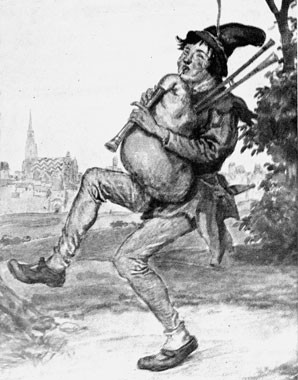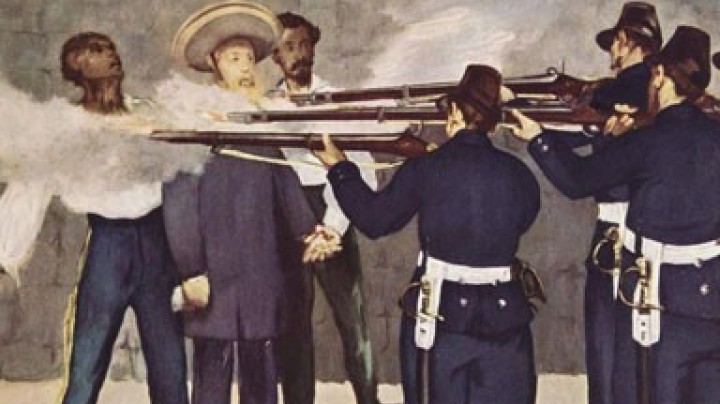Wanted: gravediggers!
In 1679 plague broke out in Vienna. The rich managed to flee, but most of the populace was exposed to the foul stench of pestilence and the risk of infection, and to the mounting piles of corpses.
Experience has led us to realize how particularly useful and necessary cleanliness is for preventing infection, and vice versa, how squalor causes and sustains such evil. Therefore, we expressly condemn the depositing of blood, entrails, heads or bones from slaughtered livestock, of cabbage leaves, crayfish shells, snails, eggshells or similar waste in alleys and squares; similarly, neither should any dead dogs, cats or fowl be thrown out into the streets but carried out of the city.
Between 1500 and 1700, several plague epidemics swept across Europe, exacting a high death toll among the population, and by 1679 the ‘Black Death’ had reached the gates of Vienna. Many believed that the epidemic had been triggered by sinister magical powers, and although around 1500 a code of conduct had been developed to combat the plague, its measures went largely unheeded until the seventeenth century. The Paduan physician Paul de Sorbait, who had been summoned to Vienna, also suggested several methods for stemming the epidemic, but his proposals were rejected by the authorities for financial reasons. He expressed his discontent with ineffective remedies thus: ‘When the plague broke out, people gorged themselves with such amounts of angelica root that later nobody was able to purchase any, not even for considerable sums of money’. Doctors ventured out to treat the large numbers of infected persons garbed in a special suit that was supposed to protect them from the contagious disease. This protective costume consisted of a waxed cloak, protective spectacles, gloves, and a beak-like face mask containing aromatic substances to alleviate the foul stench. In order to avoid physical contact, the physicians used a rod to indicate what they wanted their patients to do. ON account of their appearance, the plague doctors were also called ‘beak doctors’.
Those who could afford it attempted to flee from the Black Death, as did Emperor Leopold I with his family, who first went on a pilgrimage to Mariazell and then proceeded to Prague. However, when plague broke out there too, he withdrew to Linz in Upper Austria.
People barely managed to cope with the masses of dead bodies. Gravediggers, hangmen and flayers were given the gruesome task of burying the corpses outside the gates of towns and cities, and even prisoners were released from their cells and dungeons and forced to dig mass graves and go round collecting the dead.
The folk song ‘Der liebe Augustin’ recalls the plague from a humorous perspective and also the drunkenness that prevailed at the time and was widely discussed: the legend goes that balladeer and bagpipe-player Augustin was so inebriated that he fell sound asleep in the street. Mistaking him for one of the dead, gravediggers picked him up and threw him into a mass grave, an experience he subsequently immortalized in the song.

















